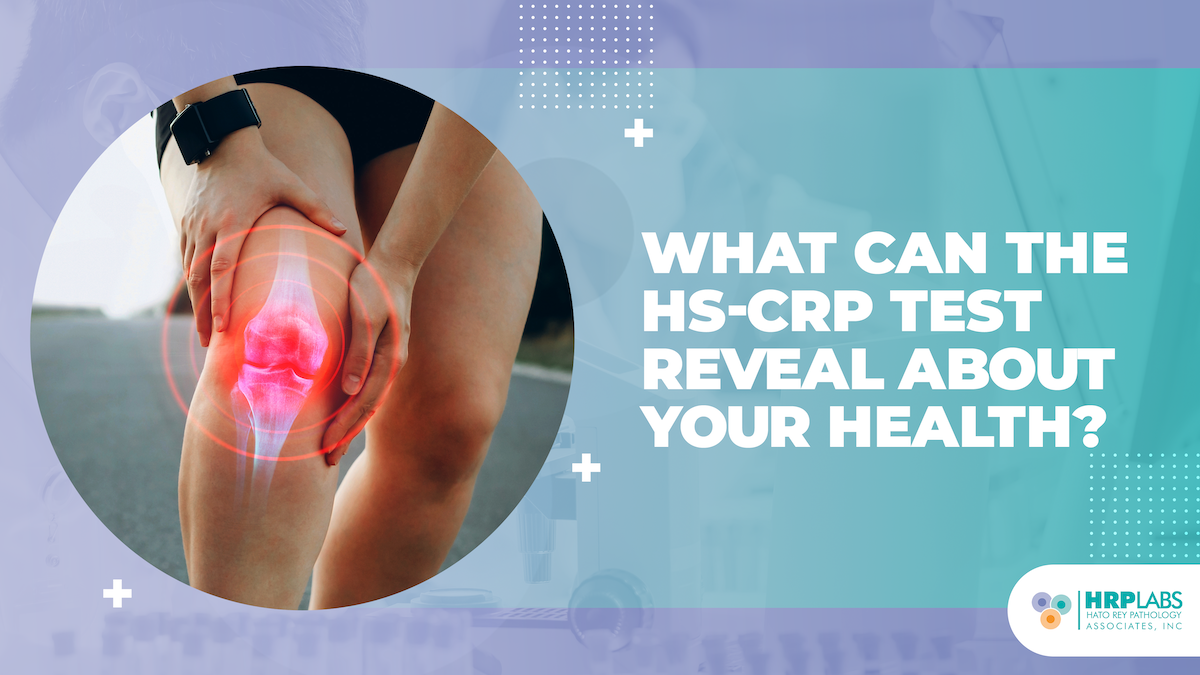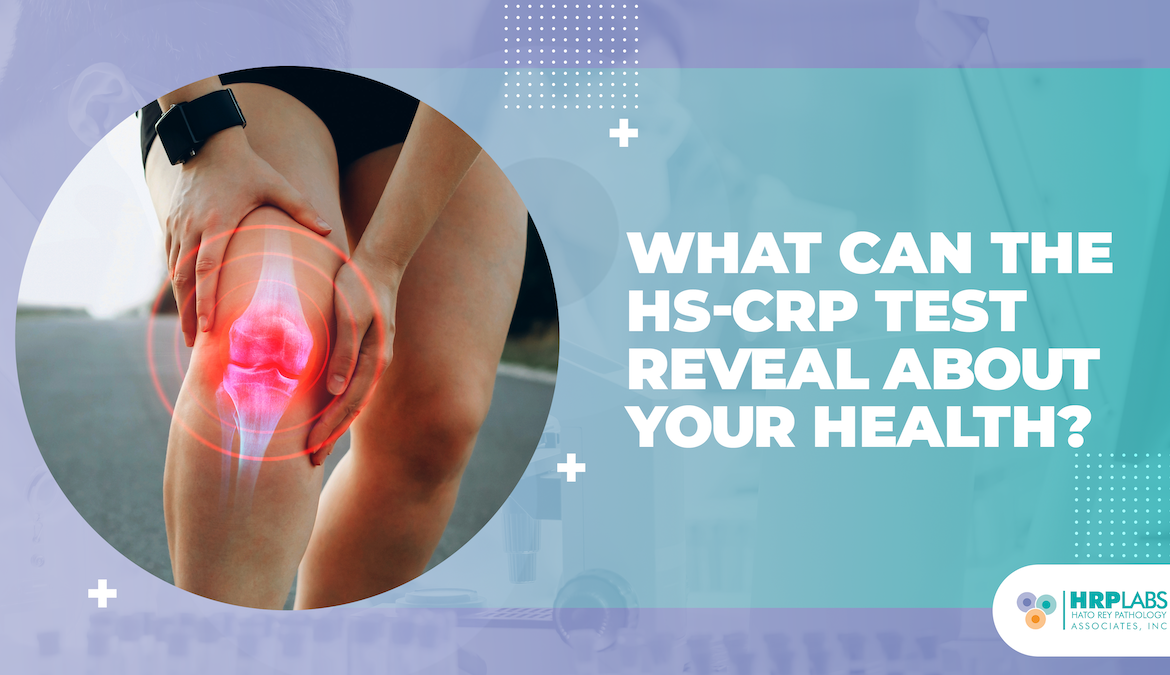
Many people live with chronic inflammation without realizing it. This silent condition can gradually damage the body and increase the risk of serious illnesses such as cardiovascular disease, type 2 diabetes, autoimmune disorders, and neurodegenerative diseases. A key diagnostic tool to detect this condition is the High-Sensitivity C-reactive Protein Test (Hs-CRP).
What is chronic inflammation?
Inflammation is a natural response of the body to infections or injuries. However, when it stays active for long periods without a clear cause, it becomes chronic and can contribute to the development of many diseases. Scientific studies have shown that elevated levels of Hs-CRP are directly associated with a higher risk of heart attacks, strokes, and other inflammatory conditions.
What does the Hs-CRP test measure?
C-reactive Protein (CRP) is produced by the liver in response to inflammation. The high-sensitivity version, Hs-CRP, detects very low levels in the blood, making it ideal for evaluating cardiovascular risk, even in people who seem healthy.
Reference values for Hs-CRP:
– Less than 1 mg/L: Low risk
– 1 to 3 mg/L: Moderate risk
– More than 3 mg/L: High risk
When is this test recommended?
✓ Family history of cardiovascular disease
✓ Diagnosis of type 2 diabetes
✓ High blood pressure
✓ High cholesterol
✓ Sedentary lifestyle or overweight
✓ Autoimmune diseases
In Puerto Rico, where heart disease and diabetes rates are high, this test is a valuable tool for early detection and preventive care.
Benefits of knowing your Hs-CRP level
Knowing your High-sensitivity C-reactive Protein (Hs-CRP) levels can make a significant difference in how your long-term health is managed. This test allows the detection of low-grade inflammatory processes that, even without obvious symptoms, may be silently contributing to the development of cardiovascular disease, type 2 diabetes, metabolic syndrome, and even certain neurodegenerative conditions. Detecting this inflammation before it causes noticeable clinical damage is key to proactive prevention.
Additionally, an elevated Hs-CRP level guides healthcare professionals in designing personalized intervention plans, which may include nutritional adjustments, physical activity recommendations, weight management, and/or the prescription of anti-inflammatory medications, if needed. Repeating the test over time also allows for monitoring the effectiveness of these interventions, helping determine whether the therapeutic approach is working or needs to be adjusted. Overall, this tool has become a valuable marker in preventive medicine, especially in populations with a high prevalence of risk factors—such as those in Puerto Rico.
How to prepare for the test
– Talk to your primary care physician to determine whether you need this test.
– Fasting is usually not required, but always follow your provider’s instructions.
– Avoid intense physical activity 24 hours before the test.
Frequently Asked Questions (FAQs)
1. Does the Hs-CRP test replace other cardiovascular studies?
No. It is a complementary test that helps evaluate cardiovascular risk but does not replace lipid panels or electrocardiograms.
2. Can it be done without a doctor’s order?
Some tests are allowed without a medical order, but it’s always best to consult your doctor.
3. Can the test be repeated?
Yes, especially to monitor how effective lifestyle changes or treatments are.
4. Is the test covered by insurance plans?
It depends on your plan. We recommend checking with your insurance provider.
Chronic inflammation can be silent—but dangerous. With the Hs-CRP test, you can take steps to understand your risk and protect your health proactively. Speak to your doctor and find out if this test is right for you. For more information, call us at 787-765-7320 or email customerservice2@hrplabs.com

